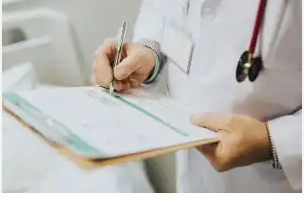Emergency medicine is a critical component of modern healthcare that saves lives every day. It is often a matter of life and death for those in critical condition, and it can make the difference between life and death in a matter of minutes. For that, emergency medicine specialist Dr. Philip Sobash explains how emergency medicine makes life easier.
How Emergency Medicine Saves Lives
Emergency medicine is often used to treat a wide range of medical conditions, such as heart attacks, strokes, respiratory failure, and poisoning. In addition, it is used to treat injuries caused by accidents, such as broken bones and lacerations.
This field of medicine also plays a role in preventing deaths from occurring. It is used to diagnose and treat medical conditions before they become life-threatening. This field also includes diagnosing and treating infections and illnesses before they become critical. Lastly, this medical field can be used to treat medical conditions before they become serious enough to require surgery.
Why Emergency Medicine is Essential
Emergency medicine is an invaluable asset to any medical facility as it saves lives every day and can make the difference between life and death in a matter of minutes. For one, emergency medicine allows medical professionals to respond quickly to medical emergencies.
Second, emergency medicine provides advanced medical care for patients in critical condition. This advanced medical care can save lives and prevent serious medical conditions from becoming life-threatening. Emergency medicine also provides access to advanced medical technology used to diagnose and treat medical conditions quickly and accurately.
Other than that, emergency medicine has been shown to improve patient outcomes. This is because emergency medicine allows medical professionals to provide advanced medical care quickly and accurately. Finally, emergency medicine has been shown to reduce mortality rates because this medical Dr. Philip Sobash field allows medical professionals to respond quickly to medical emergencies, which can save lives.



